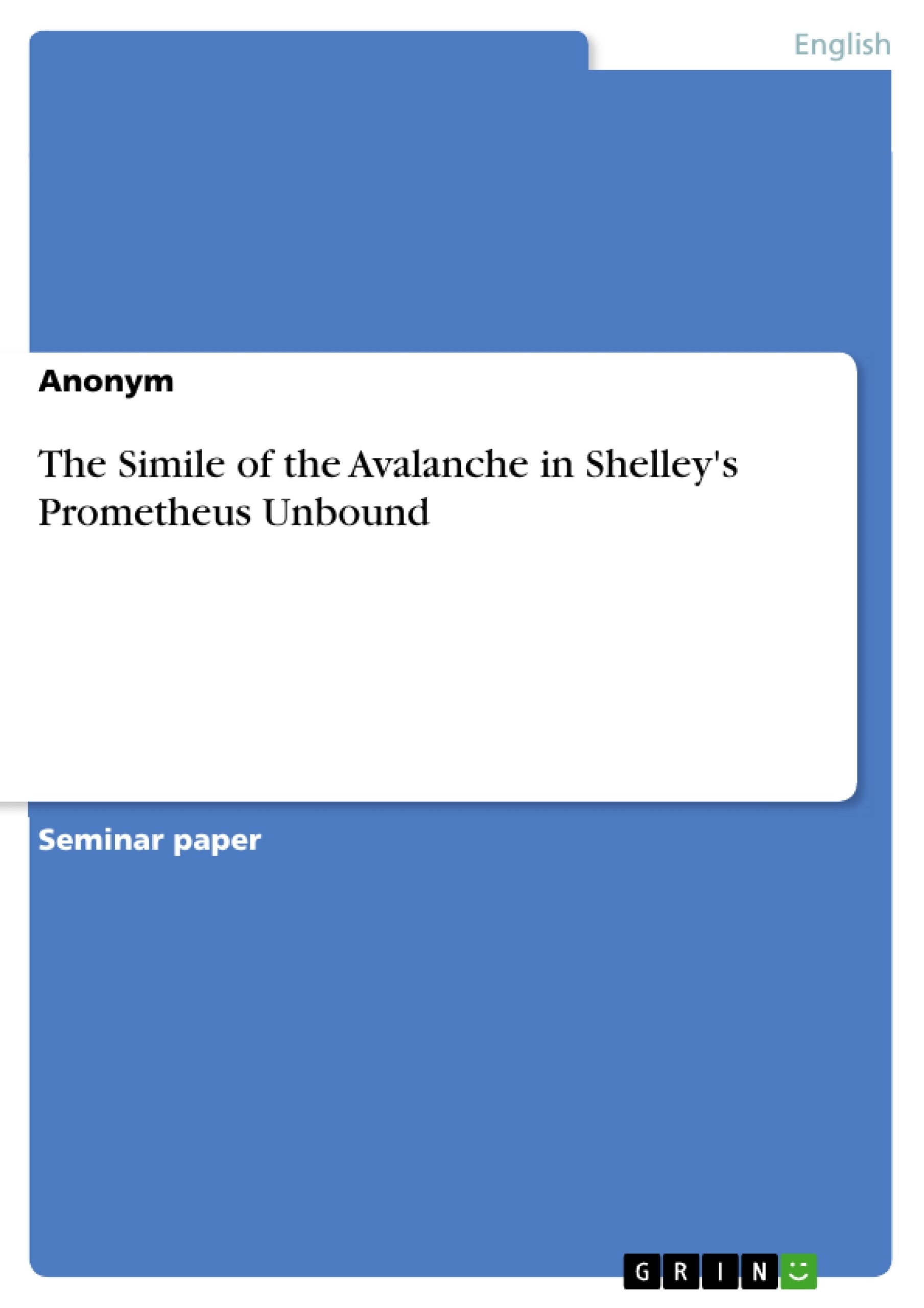Percy Bysshe Shelley was not the naïve dreamer as who he is often described. He did not cherish views of society that rested solely on the power of imagination. As Kenneth Neill Cameron has pointed out, his remarks on society were founded on an analysis of contemporary political conditions. This was not unusual. Shelley’s approach to politics follows a general tendency of his time. Shelley’s time is interesting in regard to how people looked at society. They no longer trusted in philosophical constructions but began to look at ‘the facts,’ that is, they began to look at society as the effect of the forces and causes that preceded it. Jeremy Bentham, with whom Shelley shared many political views, can be regarded as the first political thinker (the philosophers had paved the way) in England who tried to build his social theories on empiricism; Bentham wrote his landmark essay onEvidencein 1806. Those who came after Bentham were critical of him. John Stuart Mill, in his autobiography, said that he embodied the “empiricism of one who has had little experience.” But nevertheless, he was indebted to him. From Bentham on, a new way of thinking about society was on the rise in England. It was carried on and developed through the decades by people like Mill and Beatrice Webb and later on received the name of ‘sociology’. Shelley, it seems to me, was connected with his own time in that he witnessed the developments in social and political thinking. Not only this: In his poetry, the arrival of empiricism in social theory can be traced. In fact, his poetry bears witness to the hour when social theory made the first efforts to become a part of science. This arrival has never been unproblematic because it conflicted with metaphysical assumptions. This conflict is present in Shelley as well. In the context I have outlined, I want to look at Shelley’s famous simile of the avalanche inPrometheus Unbound,written in 1818/19. I read the avalanche as an image that represents phenomena in different fields at the same time: the theory of knowledge, the theory of the mind, and the theory of society. More concretely, it stands for propositions about how knowledge is augmented, about how the mind works, about how the dynamic of avalanches functions and about how revolutions come into being and how they work. [...]
Inhaltsverzeichnis (Table of Contents)
- Empiricism
- Revolution
- List of Works Cited
Zielsetzung und Themenschwerpunkte (Objectives and Key Themes)
This essay analyzes the simile of the avalanche in Shelley's *Prometheus Unbound* to illustrate the impact of empiricism on social, political, and epistemological thought during the Romantic period. It explores how Shelley's poetic imagery reflects the transition from metaphysical assumptions to a more empirical approach to understanding society.
- The influence of empiricism on Shelley's political and social views
- The simile of the avalanche as a representation of revolution and societal change
- The intersection of science, politics, and religion in Shelley's imagery
- The role of "Heaven-defying minds" in driving social and intellectual progress
- The relationship between external phenomena (nature) and internal states (mind) in Shelley's work
Zusammenfassung der Kapitel (Chapter Summaries)
- Empiricism: This chapter examines Shelley's embrace of empiricism as a foundation for his political views, contrasting his approach with earlier philosophical traditions. It explores the influence of figures like Jeremy Bentham and John Stuart Mill on the development of social theory during this era.
- Revolution: This chapter delves into the political meaning of the avalanche simile in *Prometheus Unbound*. It interprets the avalanche as a symbol of revolutionary upheaval and the collective will of the masses to break free from oppression. The chapter discusses how the simile reflects the anxieties and hopes surrounding the French Revolution and its impact on Europe.
Schlüsselwörter (Keywords)
This essay focuses on key concepts such as empiricism, revolution, social theory, political philosophy, Romantic poetry, *Prometheus Unbound*, Shelley, Bentham, Mill, and the intersection of science, politics, and religion.
Frequently Asked Questions
What does the avalanche represent in Shelley's Prometheus Unbound?
The avalanche serves as a powerful simile for revolutionary upheaval and the collective momentum of the masses breaking free from oppression.
How is Shelley's poetry connected to empiricism?
Shelley moved away from purely metaphysical assumptions, basing his social and political views on an analysis of contemporary conditions, reflecting the rise of empirical thought in the early 19th century.
Which thinkers influenced Shelley's political views?
Shelley shared many views with Jeremy Bentham, a pioneer of empiricism in social theory, and his work prefigures the sociology later developed by thinkers like John Stuart Mill.
What is the significance of the "Heaven-defying minds" in the essay?
They represent intellectual and social leaders who drive progress by challenging established structures, much like the forces that trigger an avalanche.
How does the avalanche simile link nature and society?
Shelley uses the physical dynamics of an avalanche to illustrate how small changes in knowledge or thought can accumulate until they result in a massive, unstoppable social revolution.
Was Shelley a "naive dreamer" regarding social change?
No, the essay argues that his political remarks were founded on a sophisticated analysis of political forces, showing a deep engagement with the scientific and social developments of his time.
- Quote paper
- Anonym (Author), 2002, The Simile of the Avalanche in Shelley's Prometheus Unbound, Munich, GRIN Verlag, https://www.grin.com/document/60794



